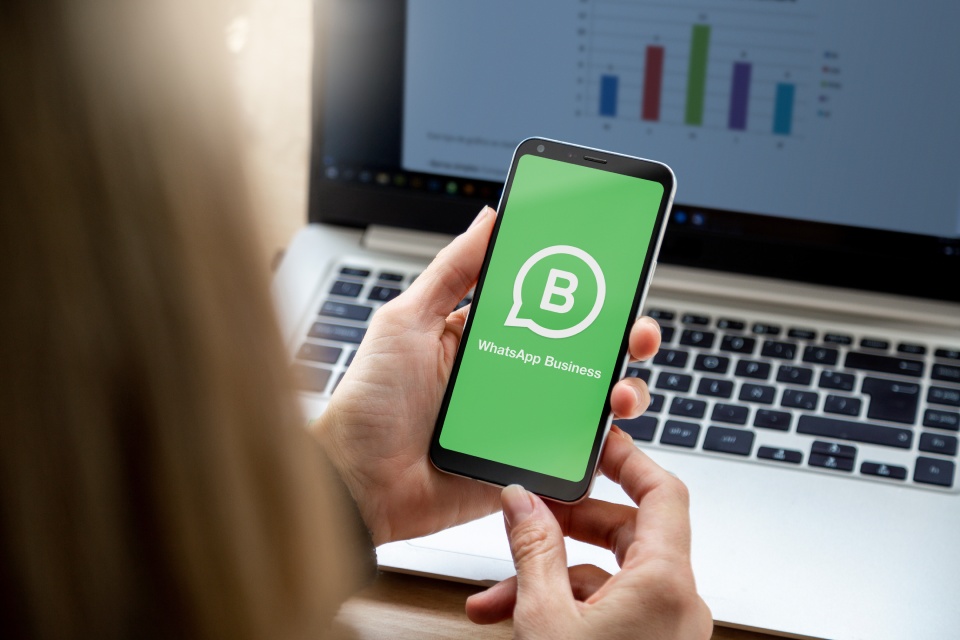WhatsApp Business is modifying its per-conversation rates, lowering fees for utility messages while increasing charges for marketing messages
Meta imposes fees on businesses based on four categories of messages: Marketing (offers, new products, Utility (order notifications, account balance, Authentication (one-time passwords, Service (customer inquiries.
The new utility rates will be effective on August 4, and the latest marketing conversation rates will be effective on October 4.
This is the initial conversation rate update since WhatsApp transitioned to a category-based pricing model instead of a single rate for all conversations.
Merchants are assessed at varied rates in different countries. For instance, in India, utility conversation rates decrease from $0.0042 to $0.0014 (-67%), while marketing rates increase from $0.0099 to $0.0107 (+8%).
This is likely to persuade businesses to utilize WhatsApp as their predominant method of customer communication.
In the past year, users have expressed dissatisfaction with the increasing volume of WhatsApp messages on the platform, leading to the proliferation of spam. The organization has gradually implemented safeguards to safeguard consumers from this spam.
The company initiated the “Per-User Marketing Template Message Limits” guidelines earlier this year to test restrictions on marketing messages sent to a user in India. Meta does not limit the number of messages brands can send; however, it prevents messages that are “less likely to be read.”

Meta announced last month that it had implemented these guidelines globally following the test period.
“People utilize WhatsApp for various purposes, including obtaining a boarding pass, requesting information about a product, and receiving an offer for a holiday sale.”
A Meta spokesperson told TechCrunch, “We are committed to ensuring that the right combination of tools is used to ensure that people continue to have a positive experience messaging businesses on WhatsApp. There is a risk of overdoing it.”
Meta’s revenue is now significantly influenced by WhatsApp Business. The company reported more than 200 million WhatsApp Business users last year.



